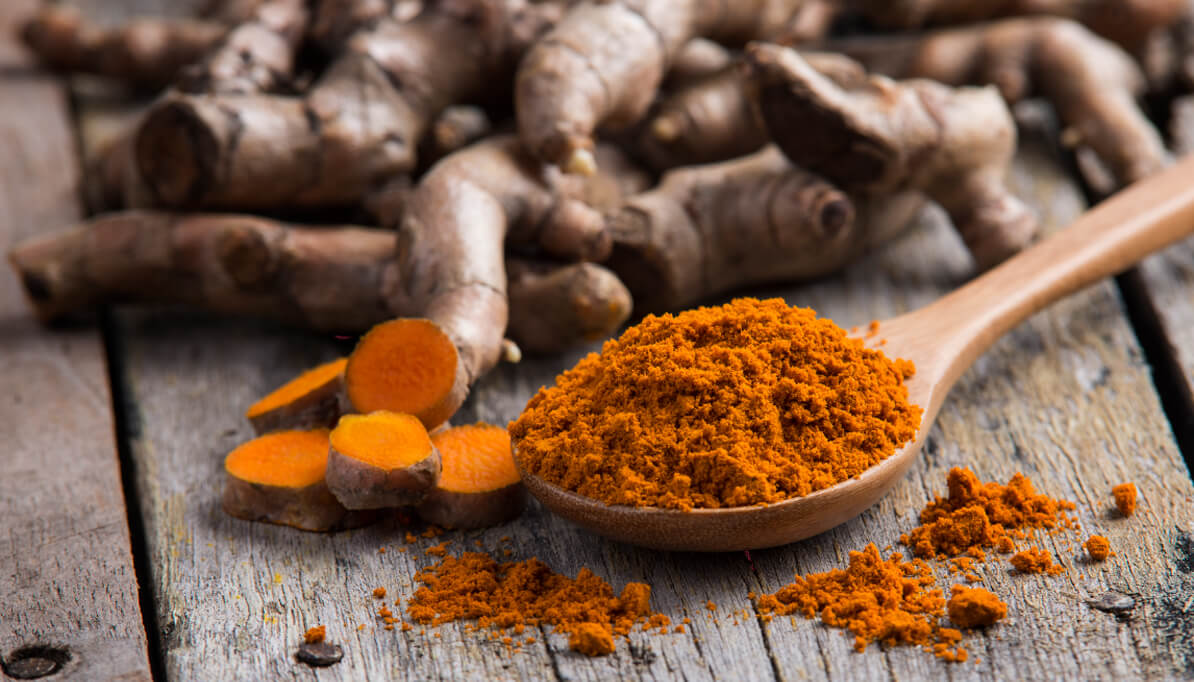Curcumin Enhances Defense Against Tuberculosis
Denver, CO —
Curcumin, which gives the spice turmeric its yellow-orange color, enhances cellular defense against tuberculosis, according to researchers at National Jewish Health. In cell culture studies, curcumin increased the death of infected cells and destruction of the bacteria inside infected cells.

“Enhancing the body’s defense against tuberculosis infection could prove a promising strategy to treat or prevent tuberculosis,” said Ed Chan, MD, Professor of Medicine at National Jewish Health and senior author on the study published in the July issue of Respirology. “It would be less prone to the development of drug resistance, a major problem in tuberculosis.”
Curcumin has long been used in Ayurveda medicine to treat a variety of ailments. In recent years, Western researchers have taken an interest in its potential health benefits especially for treatment of cancer. It has been shown to induce many biological activities, particularly inhibition of nuclear factor-kappa B (NFκB), a transcription factor used by many cancers for survival and proliferation. The National Jewish Health research team also recently has shown that inhibition of NFκB reduces the viability of tuberculosis organisms in cell culture.
In their current experiments, Dr. Chan and his colleagues infected cultures of immune cells known as macrophages with Mycobacterium tuberculosis, the organism that causes tuberculosis. After four days of incubation the M. tuberculosis had proliferated significantly, on the order of 10-fold, in cultures pretreated with a control substance. Proliferation of M. tuberculosis in cultures pretreated with differing concentrations of curcumin was significantly reduced, by half to two-thirds at higher concentrations.
Curcumin appeared to reduce growth of M. tuberculosis by promoting a form of cell death known apoptosis among macrophages infected by tuberculosis. This cell death presumably kills the tuberculosis organisms inside the cells as well. The researchers used cell cultures of macrophages because that cell is a primary interest of the laboratory and one they know well. They believe curcumin may also increase cell death in other kinds of tuberculosis-infected cells.
Curcumin also increased an internal kind of housecleaning known as autophagy in infected cells. In autophagy cells encapsulate, destroy and recycle various elements inside the cells, such as defective organelles or foreign organisms.
“These are cell-culture studies that must be replicated in animal models for us to seriously consider curcumin a potential treatment for tuberculosis,” said Dr. Chan. “However, we have shown that curcumin does indeed induce the kind of biological activity that inhibits the growth of M. tuberculosis.
“Since M. tuberculosis inevitably develops resistance to antibiotics that attack the organism directly, enhancing the body’s own defenses against tuberculosis may be a strategy that is less prone to the development of resistance.”
National Jewish Health is the leading respiratory hospital in the nation. Founded in 1899 as a nonprofit hospital, National Jewish Health today is the only facility in the world dedicated exclusively to groundbreaking medical research and treatment of children and adults with respiratory, cardiac, immune, and related disorders. Patients and families come to National Jewish Health from around the world to receive cutting-edge, comprehensive, coordinated care. To learn more, visit the media resources page.
Media Resources
We have many faculty members, from bench scientists to clinicians, who can speak on almost any aspect of respiratory, immune, cardiac and gastrointestinal disease as well as lung cancer and basic immunology.
Media Contacts
Our team is available to arrange interviews, discuss events and story ideas.
- Adam Dormuth
303.398.1002 office
970.222.5034 mobile
dormutha@njhealth.org - Jessica Berry
303.398.1082 office
303.807.9491 mobile
berryj@njhealth.org
